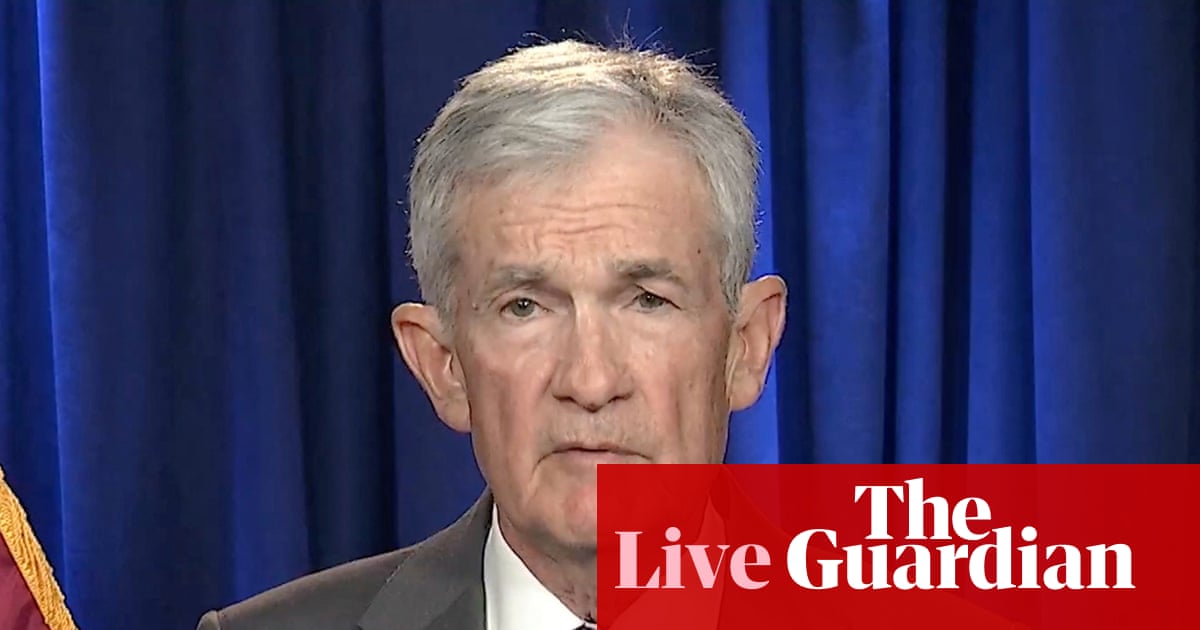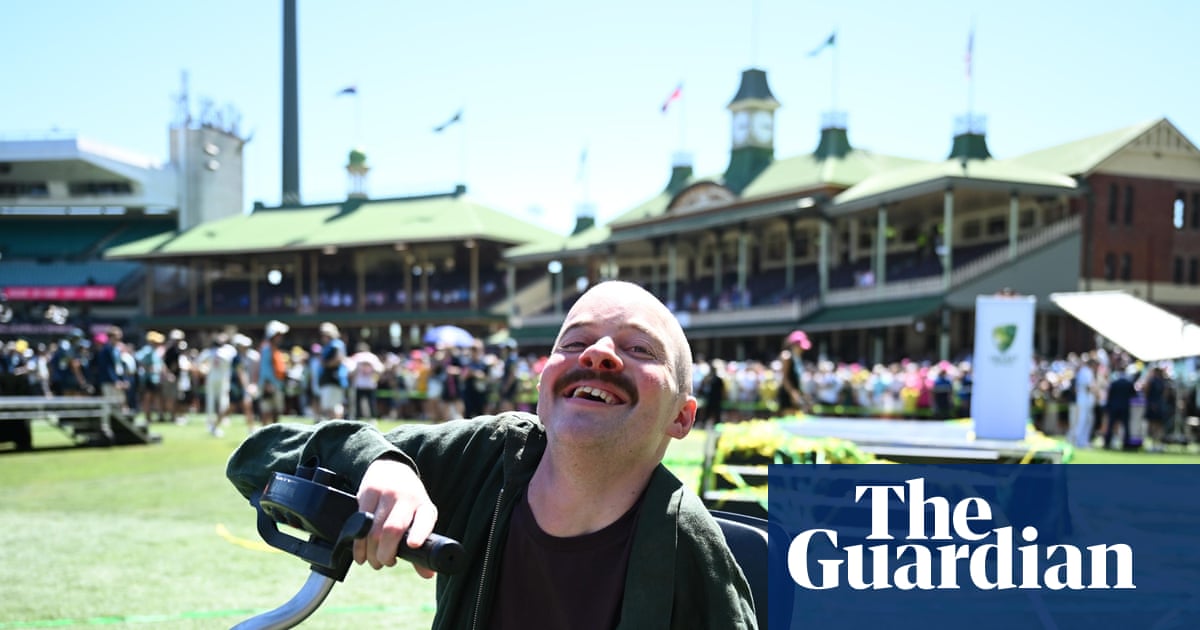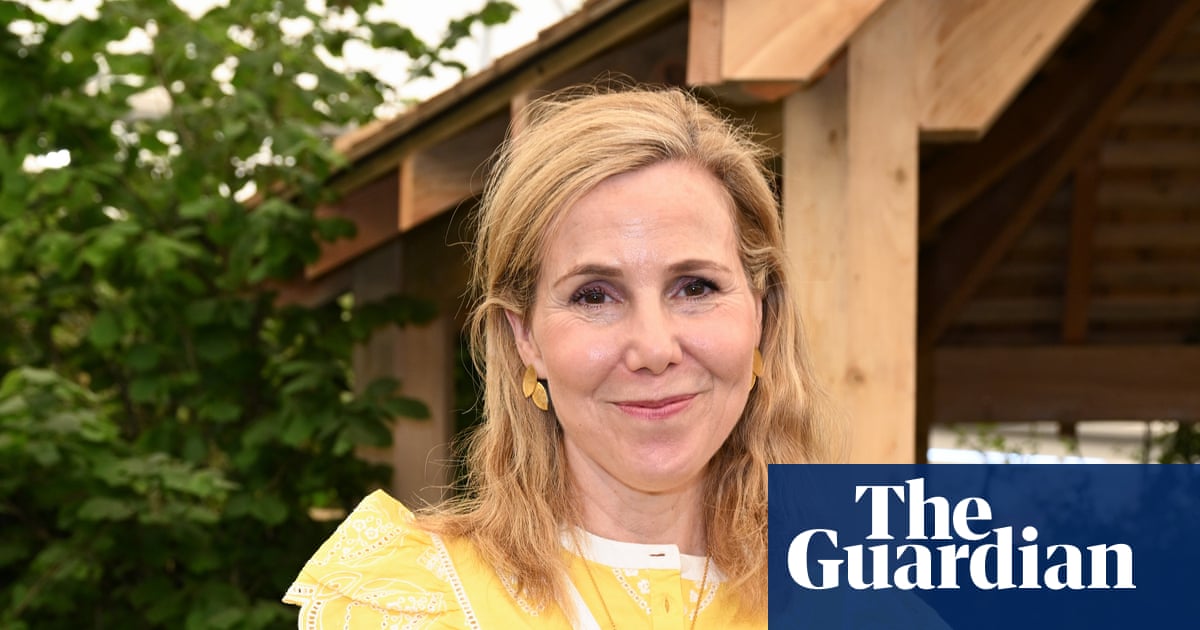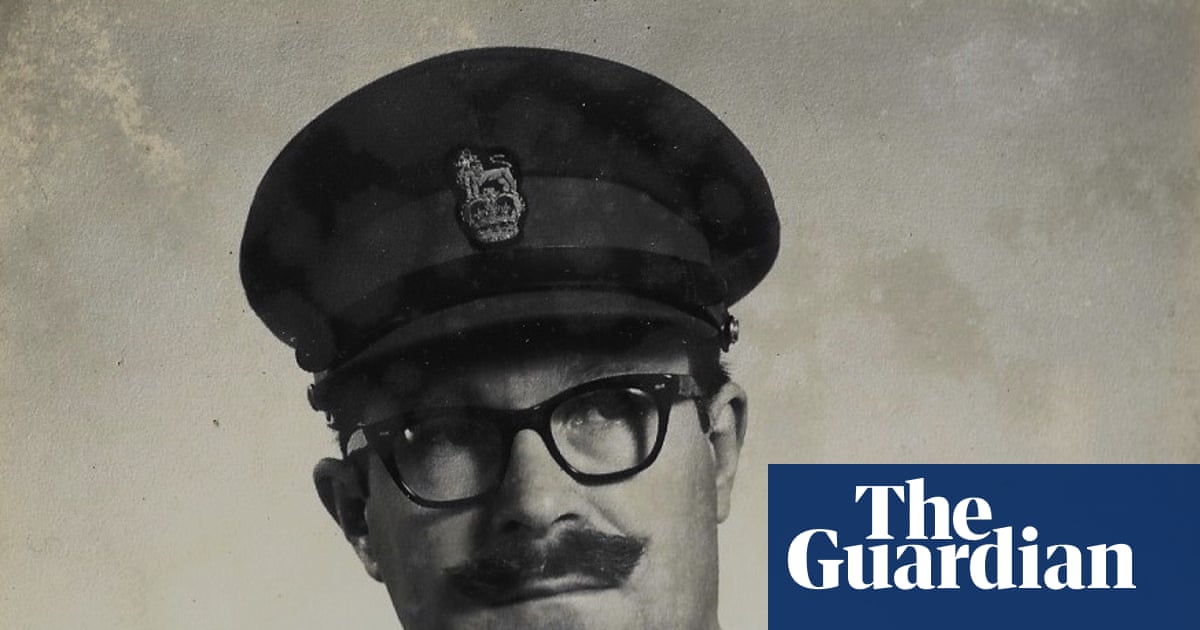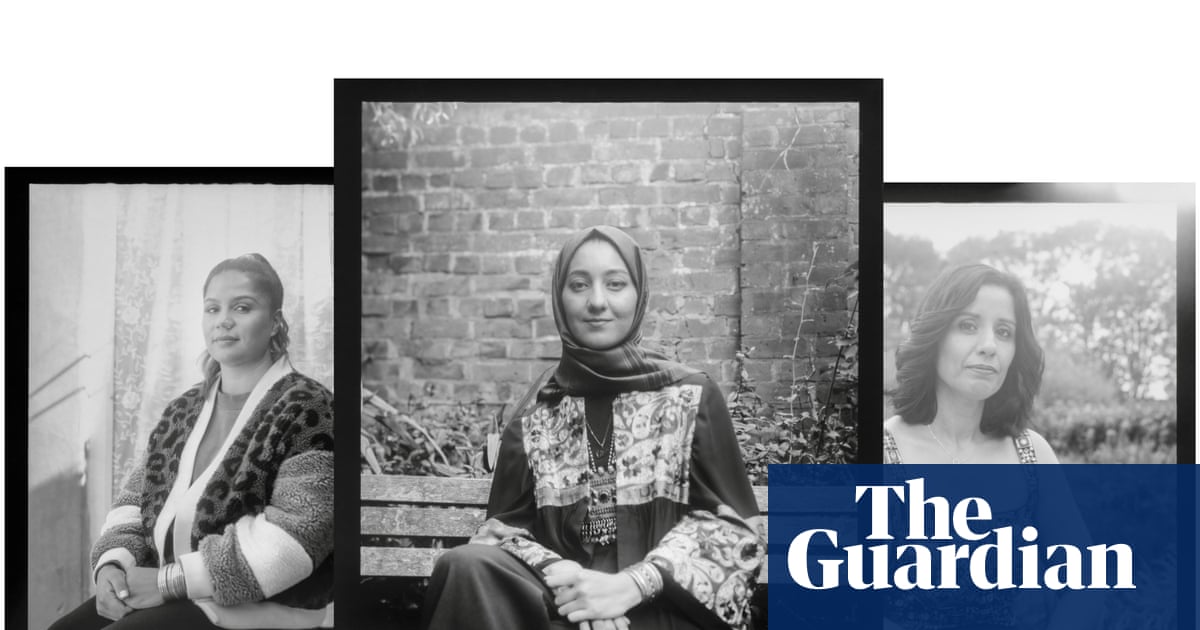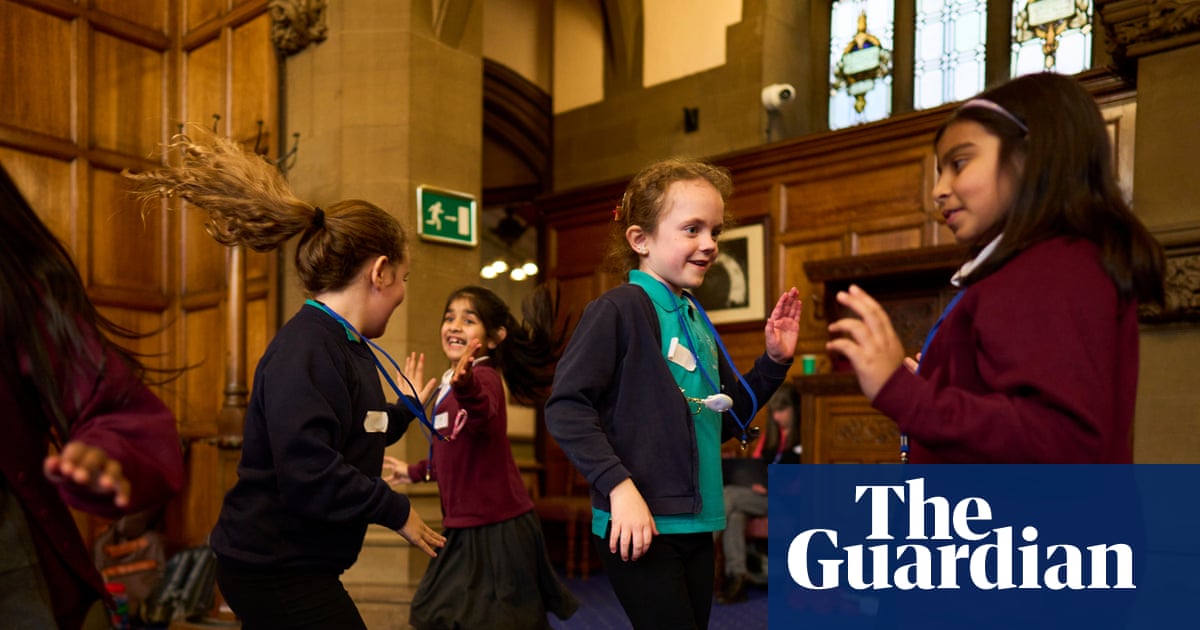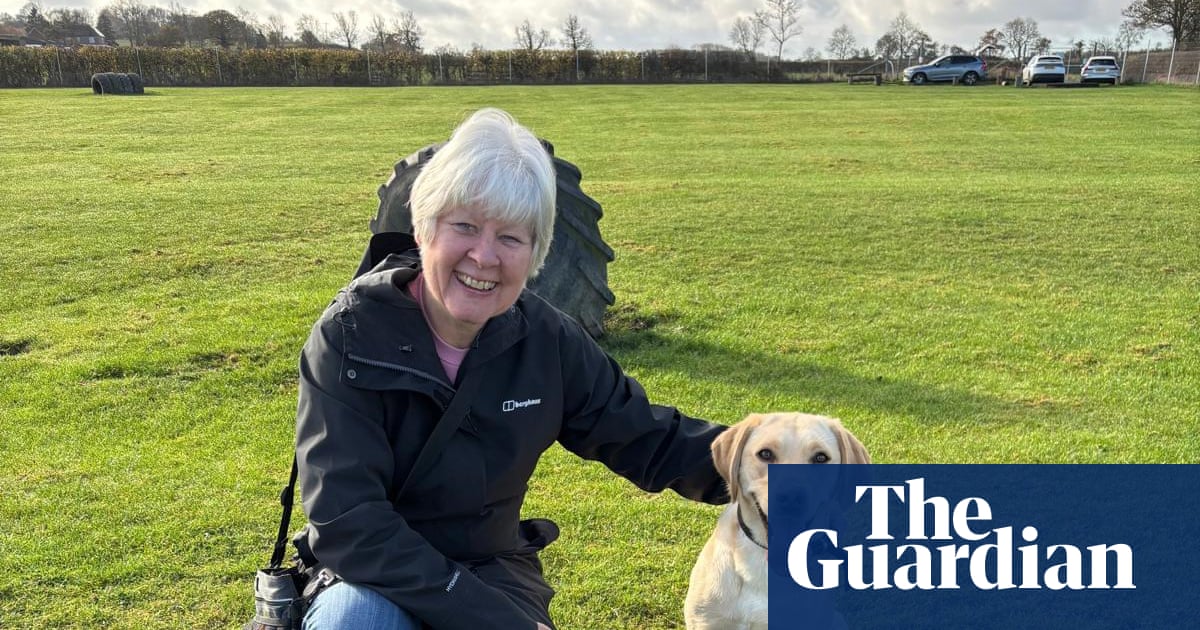The phone call every humanitarian worker’s family dreads came to Zomi Frankcom’s family in April 2024. An Australian, Frankcom was in Gaza with World Central Kitchen, feeding people in the middle of a catastrophe. She and six of her colleagues were killed in an instant, their vehicles targeted in what Israel’s government later described as a grave mistake. Showing immense strength, Frankcom’s family felt strongly that her death must lead to the protection of others. Humanitarians workers, they said, “can’t be brave at any cost”.
Zomi Frankcom’s death was outrageous and unacceptable. But, shockingly, it was no anomaly. Rather, it is a part of a brutal global trend. In conflicts from Ukraine to Sudan, and even during disputes where there is no formal conflict, the sense is that lives of humanitarian workers are expendable. The consequences for taking them are not significant enough to stop.
The crisis is global. According to the Aid Worker Security Database, 2024 was the deadliest year on record, with 385 humanitarian workers killed across 20 countries. Tragically, 2025 is on track to be just as bad, with at least 265 humanitarians killed already. Emblems of neutrality – including the red cross and red crescent of the International Red Cross and Red Crescent Movement – seem more frequently viewed as targets than shields.
This violence is a catastrophic erosion of international humanitarian law but it is not, yet, getting the attention it deserves. While the deaths of international aid workers like Frankcom rightly cause global outrage, the vast majority of victims are local staff and volunteers whose deaths, while just as brutal, attract less attention. In fact, more than 96% of humanitarian workers killed are nationals of the countries in which they work. It makes the IFRC – a federation of national societies with staff and volunteers based at home – particularly vulnerable.
The very latest to die was Honelegn Fentahun of the Ethiopian Red Cross. In August he succumbed to injuries after being kidnapped while returning from a mission to deliver an ambulance. The irony is painful.
Other stories are even worse. In March, 15 emergency workers were brutally killed and buried in the sand in Gaza. Rifaat Radwan, a 23-year-old who had stopped studying to volunteer with the Palestine Red Crescent Society (PRCS) ambulance service, was one of them. In all, eight were ambulance workers from the PRCS, a member of the IFRC. A video found on one of the dead showed all were wearing their uniforms when attacked. As Jagan wrote in horror in April, their red vests became their shrouds.
In all, since 7 October 2023, 31 PRCS colleagues have been killed while on duty. But this is not just about Gaza. The IFRC’s member National Society in Israel, the medical aid and disaster relief service Magen David Adom, has had six members killed on duty since 7 October 2023. Elsewhere too the numbers are growing. The IFRC network has lost people in Iran, Sudan, Ethiopia and the Democratic Republic of Congo. The numbers are so awful, and growing, that the IFRC has started a memorial page and a support fund for families.
But words of condemnation and care for families after the fact are not enough. That is why on Sunday, at the United Nations general assembly in New York, Australia’s government formally launched a new declaration for the protection of humanitarian personnel.
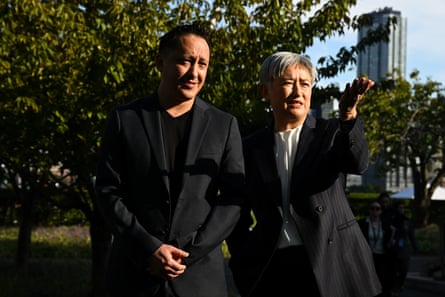
Just published online, the declaration is a commitment to concrete action. It obliges states – in line with their existing legal obligations – to conduct full, prompt and impartial investigations into attacks and use national and international legal mechanisms to hold perpetrators to account. It demands work to ensure humanitarian activities are not criminalised and to prevent the harassment and arbitrary arrest of humanitarian workers. It urges efforts to counter the misinformation and hate speech that targets aid organisations and puts their staff at risk. And it requires assessments as to whether exported weapons could be used to commit or facilitate serious violations of international humanitarian law, and refrain from authorising such exports where there is an overriding risk.
Led by the Australian government, championed by a dedicated group of countries including Switzerland, Jordan and Indonesia and supported by humanitarian organisations such as the IFRC, ICRC and UNOCHA, the declaration is the result of months of close collaboration. A “Group of Friends” – committed governments – will come together to promote implementation of the declaration by governments around the world. This is a shared mission, uniting the world’s humanitarians with governments committed to upholding the international rules-based order; committed, to put it more bluntly, to uploading dignity.
Most importantly, the declaration is a chance to reverse deadly trends and end the culture of impunity. Humanitarian workers dedicate their lives to helping others. This should never cost them their own. We urge all nations to join this declaration in New York - to stand together to protect our protectors, to stop attacks on aid workers and reaffirm the principles of humanity that should unite us all.

 3 months ago
76
3 months ago
76

